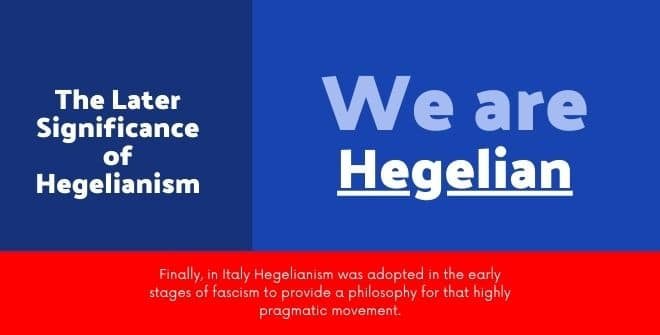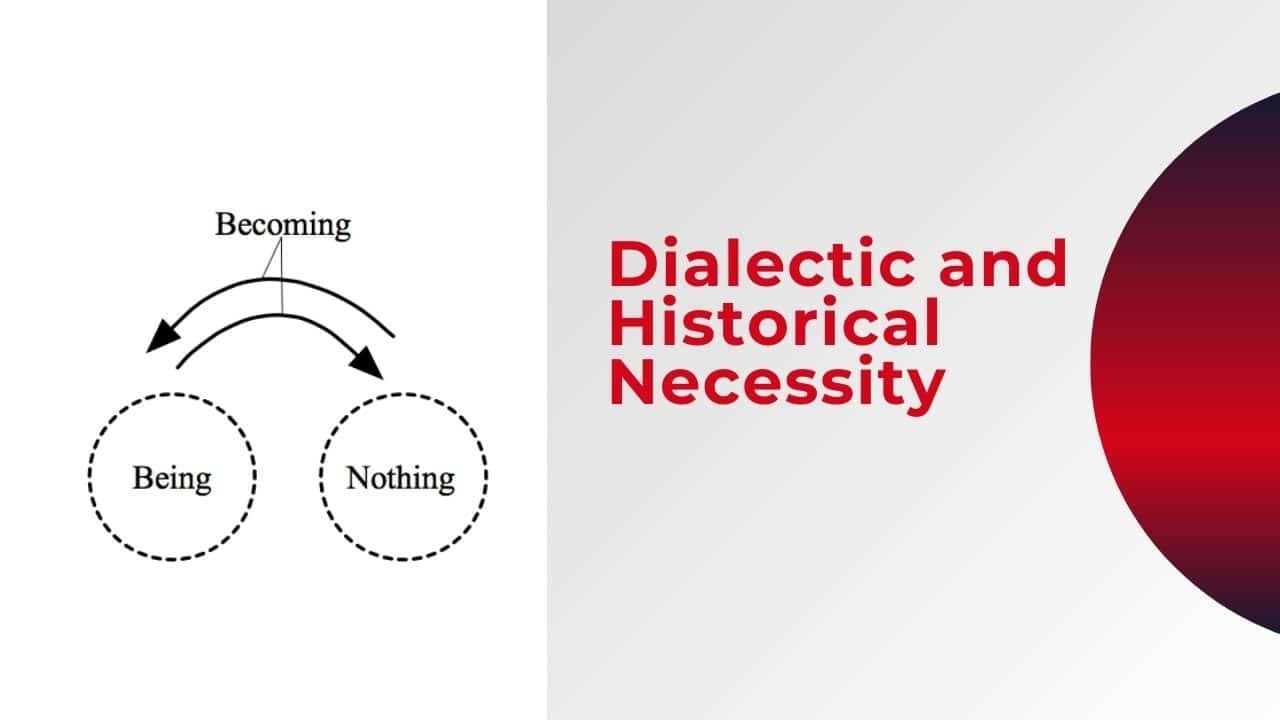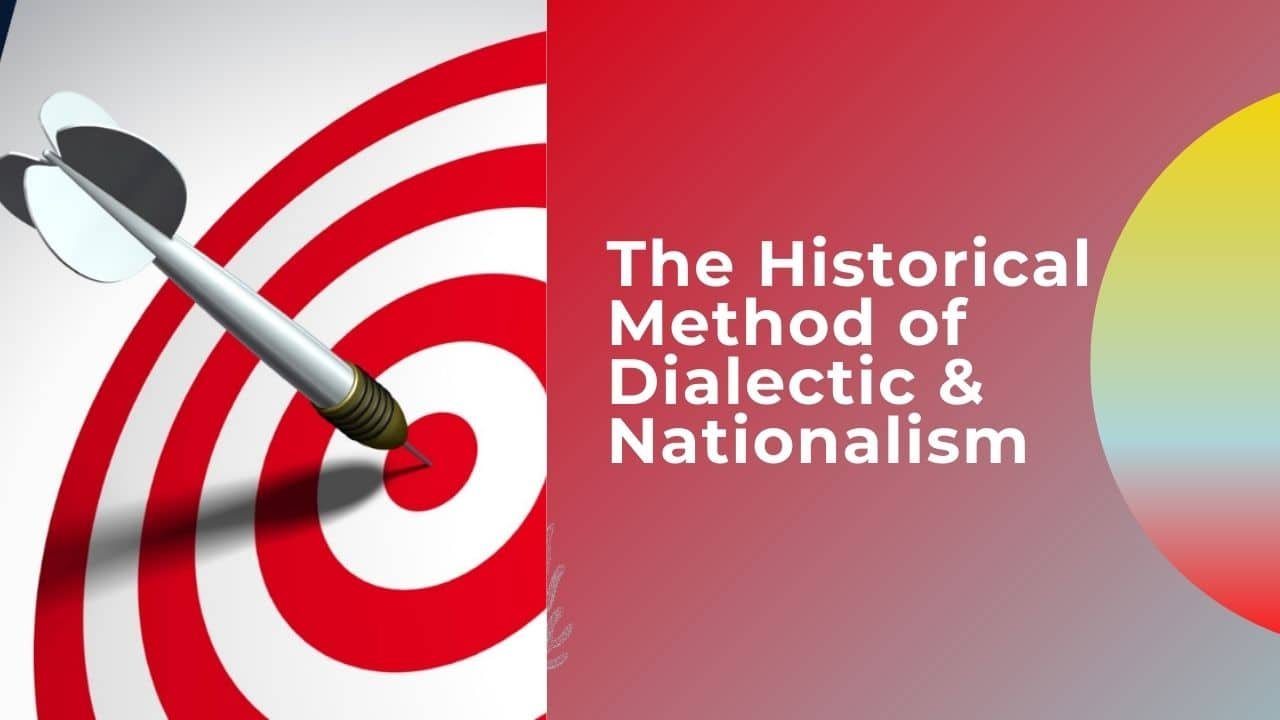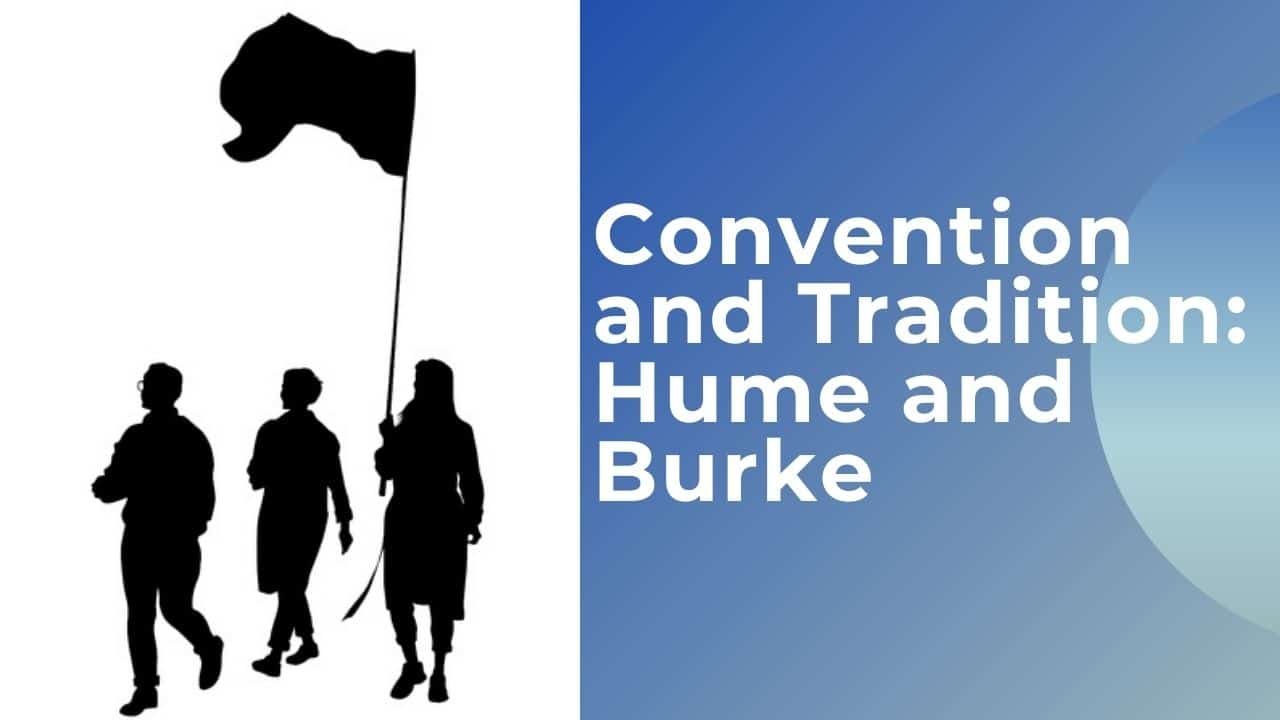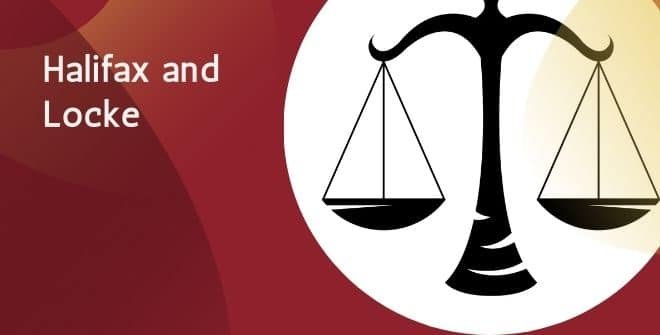The Later Significance of Hegelianism
The Later Significance of Hegelianism. Despite the technicalities in which Hegel cloaked his thoughts and the apparent abstraction of his conclusions, few political theories had a more intimate relationship to political realities. It reflected in a very real way the state of affairs in Germany at the close of the Napoleonic Wars, her bitter national … Read more

